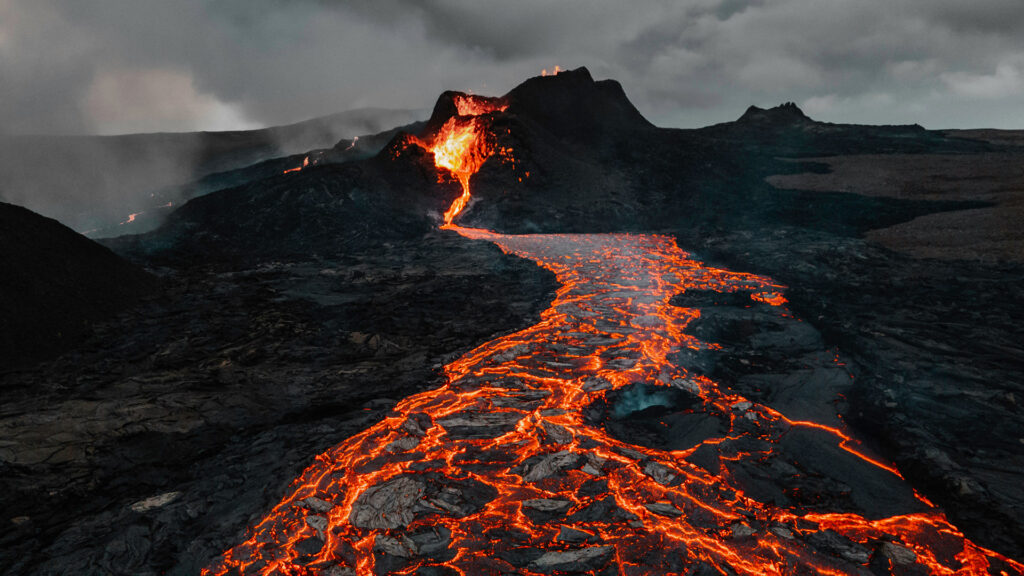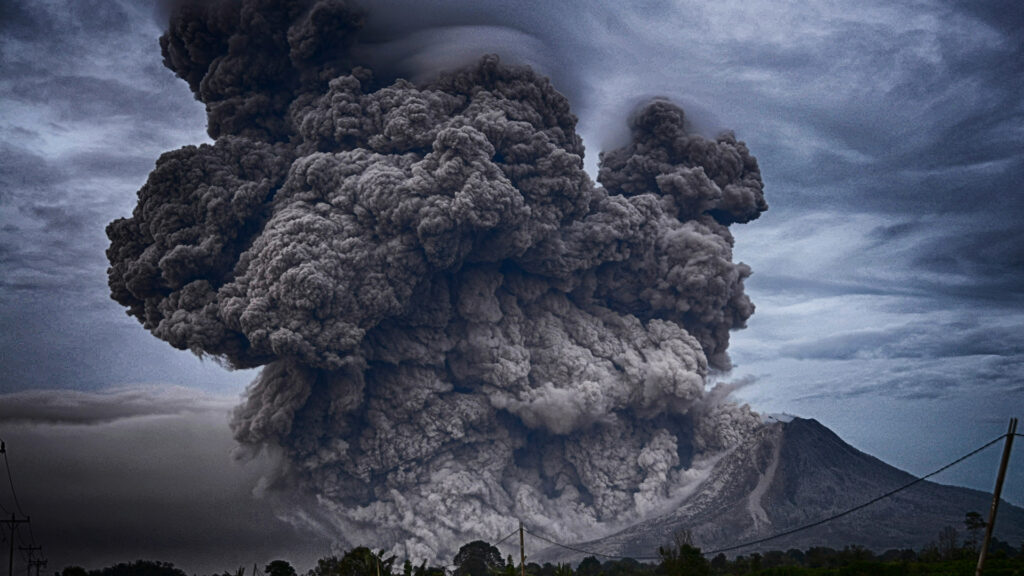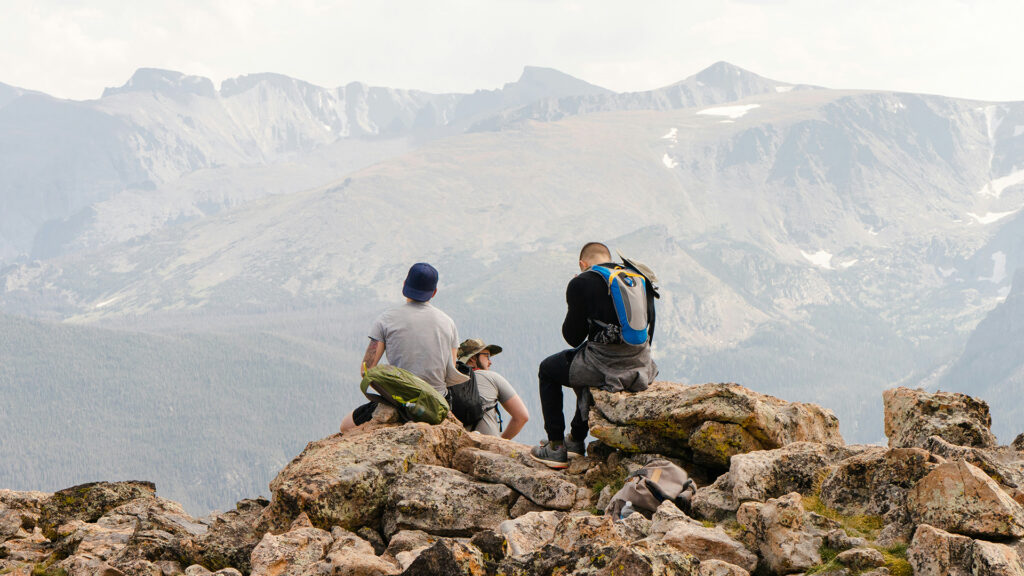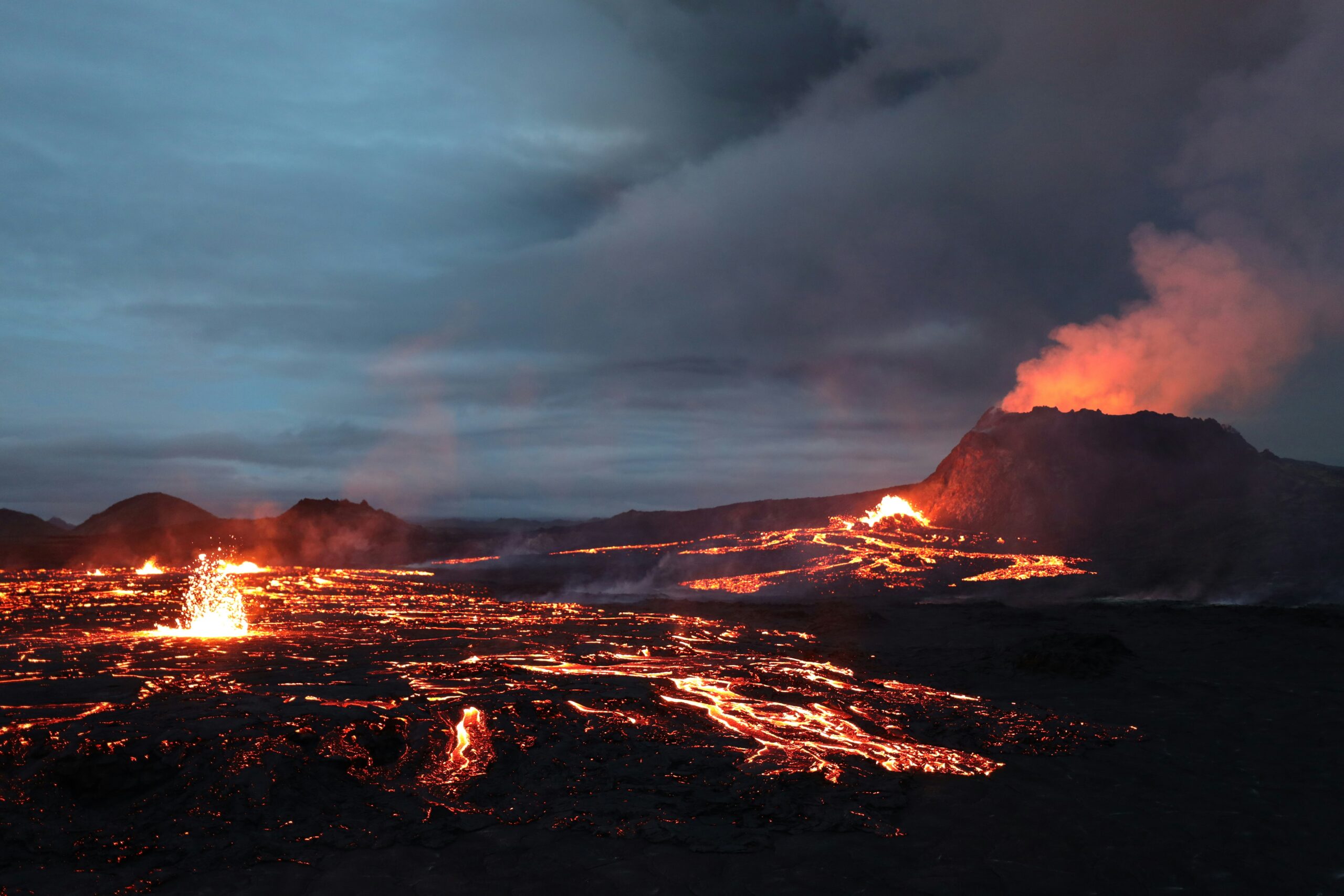The recent volcanic activity in Iceland, characterized by fountains of lava reaching impressive heights, has indeed captured global attention. Iceland, renowned for its stunning landscapes and unique geological features, is now experiencing a significant transformation as a result of this volcanic eruption. Here’s an overview of the current situation and the implications it may have:
Magnitude of the Eruption: The eruption has been marked by spectacular displays of lava fountains, some reaching up to 200 feet in height. Such visuals underscore the immense power and force of nature unleashed by volcanic activity.

Geological Significance: Iceland sits atop the Mid-Atlantic Ridge, a divergent tectonic boundary where the North American and Eurasian plates are pulling apart. This geological setting makes Iceland highly prone to volcanic activity, with eruptions being a natural part of its landscape evolution.
Impact on Environment and Society: While volcanic eruptions can pose immediate risks to nearby communities, such as ash fall and potential disruptions to air travel, they also contribute to the renewal and enrichment of the land over time. However, prolonged volcanic activity could also have long-term consequences for ecosystems, agriculture, and infrastructure in affected areas.

Human Response and Preparedness: Iceland has a robust monitoring and response system in place to manage volcanic events. Authorities closely monitor seismic activity and volcanic indicators to assess risks and implement necessary measures to protect public safety.
Tourism and Awareness: While volcanic eruptions can be disruptive, they also attract considerable interest from tourists and researchers alike. They serve as opportunities to study geological processes up close and raise awareness about the dynamic nature of our planet.

Future Implications: The current eruption may mark the beginning of a new phase of volcanism in Iceland, with the potential for ongoing activity in the coming years or even centuries. This could reshape the landscape and have far-reaching implications for the region’s ecology and society.
In conclusion, while the volcanic eruption in Iceland presents immediate challenges and disruptions, it also offers valuable insights into the Earth’s geological processes and the resilience of both nature and human communities in the face of natural phenomena.



